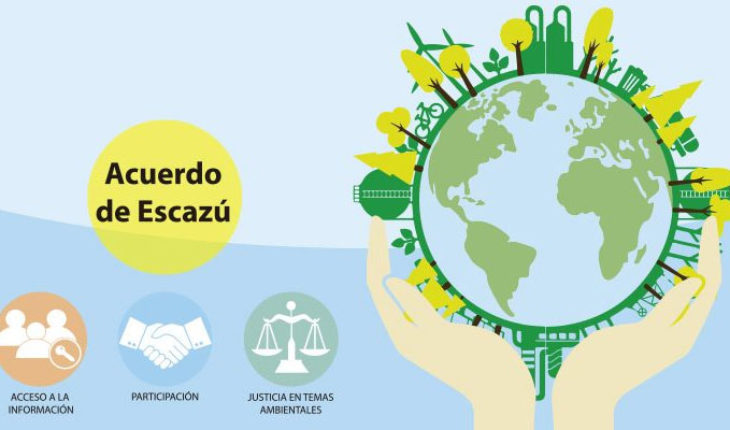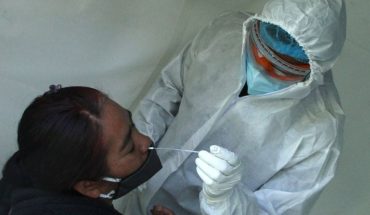Photo/Internet
World.- A letter signed by 17 United Nations Special Procedures was sent on 15 July to the Mexican authorities to urge them to ratify the Escazú Agreement, the first binding international agreement to recognize the role of defenders Mexico signed on 27 September 2018.
The letter expresses the “concern” of experts at “the lack of entry into force of the Regional Agreement on Access to Information, Participation and Justice in Environmental Affairs in Latin America and the Caribbean (Escazú Agreement)”.
“We reiterate our call urging the Government of His Excellency to ratify the Escazu Agreement as a matter of priority,” the letter states.
The Escazu Agreement, negotiated under the leadership of the Economic Commission for Latin America and the Caribbean (ECLAC), was adopted on March 4, 2018 in Costa Rica, and was opened for signature on September 27, 2018.
The agreement supports the implementation of the 2030 Agenda by paying particular attention to vulnerable individuals and groups and establishing specific mechanisms for the protection of environmental defenders. This agreement is the first environmental treaty in Latin America and the Caribbean.
This “emblematic regional treaty” especially emphasizes the fundamental objective of protecting the right to live in a healthy environment.
“In line with international human rights obligations, the Escazú Agreement sets important standards that will be critical to addressing some of the world’s most pressing challenges, such as climate change, the decline in biodiversity, soil degradation, air and water pollution, natural disasters and the unsustainable depletion and use of natural resources,” the chart states.
The Escazu Agreement is the first of its kind in the world to include specific and binding provisions for the protection and promotion of individuals, groups and organizations that promote and defend human rights in environmental matters – in a environmental human rights defenders in the region suffer from levels of unprecedented violence, intimidation and harassment.
“By ratifying this landmark Treaty as soon as possible, your country will strengthen your firm commitment to protecting the environment and human rights,” the letter urges.
To date, sixteen out of the thirty-three countries in the Latin American and Caribbean region have signed the treaty and one, Guyana, has ratified it.
Source: UN Mexico
translated from Spanish: UN urges Mexico to ratify Escazu agreement for environmental defense
July 26, 2019 |





